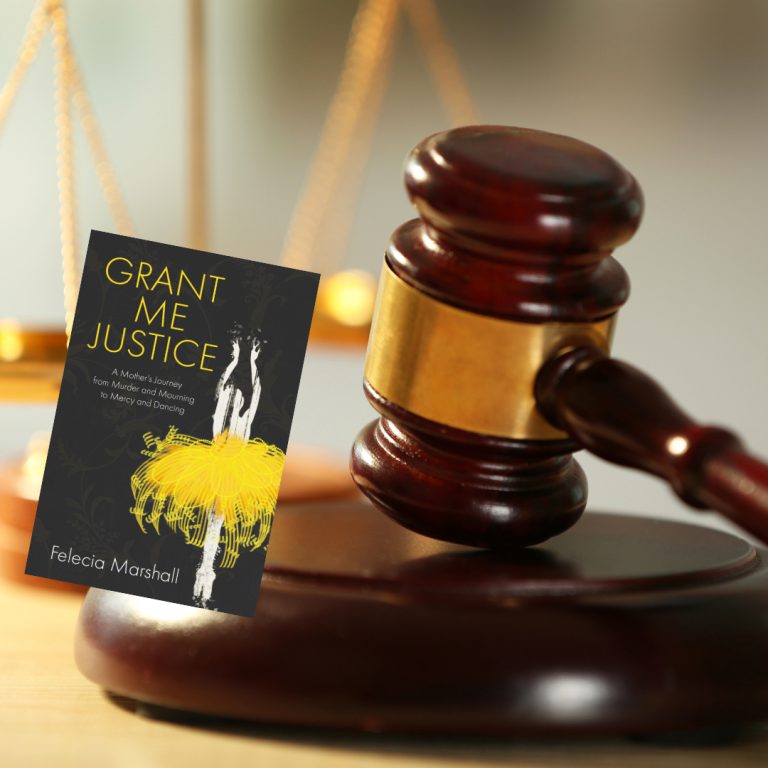Dave Black: Quench Not the Spirit
8:45 AM As a kid growing up in Hawaii, I cut my eyeteeth on the old King James Version Bible. Even today, when I quote a verse of Scripture, the first rendering that comes to mind is the KJV. One such verse is 1 Thess. 5:19:
- Quench not the Spirit.
Most of us doth not speaketh this way anymore, so you’ll find more colloquial renderings of this verse, such as:
- Do not quench the Spirit.
- Do not extinguish the Spirit.
- Don’t stifle the Spirit.
- Do not put out the Spirit’s fire.
- The Spirit quench not (Yoda Standard Version).
1 Thessalonians has an enormous amount to say to our contemporary church situation, not least in the area of Christian living. That’s one of the reasons I chose it as the focus of our Greek 4 class. The way in which Paul handles the “stifling of the Spirit” in Thessalonica has a curiously modern ring to it. Here I think of books like Strange Fire and its response Strangers to Fire. Both of these books call us to reexamine some longstanding assumptions about church life and the role of the Spirit in our daily lives. I want my students to examine for themselves the role that charismatic Christianity plays in today’s world. Hopefully we won’t duck out of the more controversial issues Paul seems to be dealing with in 1 Thessalonians 5. We are far too prone to view the Holy Spirit as a doctrine to be discussed. Alas, He is far more than that. We need constantly, as Paul reminds us in 1 Thess. 5:19, to examine ourselves and check up on our relationship with the Spirit, otherwise for all our preaching and teaching we ourselves might prove to be reprobates. It if could happen in Thessalonica, it can happen in Raleigh and Roxboro and in your hometown. The one lesson from 1 Thessalonians we must all take away is that the Christian life is one of suffering. Holy Spirit power is not always displayed in the miraculous. More often than not, “We have this treasure in jars of clay so that the surpassing greatness of the power might be of God and not of us.” This is Paul’s famous “power-perfected-in-weakness” doctrine, a topic I studied in some detail in one of my books.

The Master suffered. So will we. We are not called to be successes. We are called to obedience. Heirs of the age to come, we are still heirs to all the fallennness and frailty of the present age. I suspect that the young church at Thessalonica struggled with this doctrine, as do some of us today. But a truly apostolic church is nothing if it isn’t a church that carries with it the dying of the Lord Jesus. It’s authenticity is drawn from its identification with the poor and downtrodden, from suffering, from enduring mockery and persecution. That’s why when someone this week belittled the African nation in which my wife grew up, my mind instantly went to a time when someone said, “Can anything good come out of Nazareth?” What a ridiculous idea that the Gospel produces weaklings! Many of us grew up “on the other side of the tracks.” But through His Spirit, Christ makes His followers strong, regardless of the place of their birth or their background. The power of His name is available through faith to all who call upon Him. We read in Hebrews of those who “out of weakness were made strong” (Heb. 11:34). A sickly Christian is subnormal. We can be strong in the Lord and in the power of His might.
The apostles of the New Testament provided the norms of doctrine. A writing such as 1 Thessalonians shows us how newborn Christians sometimes need a bottle. Eventually, however, they also need to be fed meat and to begin to discern the mind of God for themselves through the indwelling presence of the Spirit and through the Scriptures. It is to that measure of maturity that Paul was calling the Thessalonians. And it is to that measure of maturity that he is calling the church of today. There is, perhaps, no higher calling in all the world.






